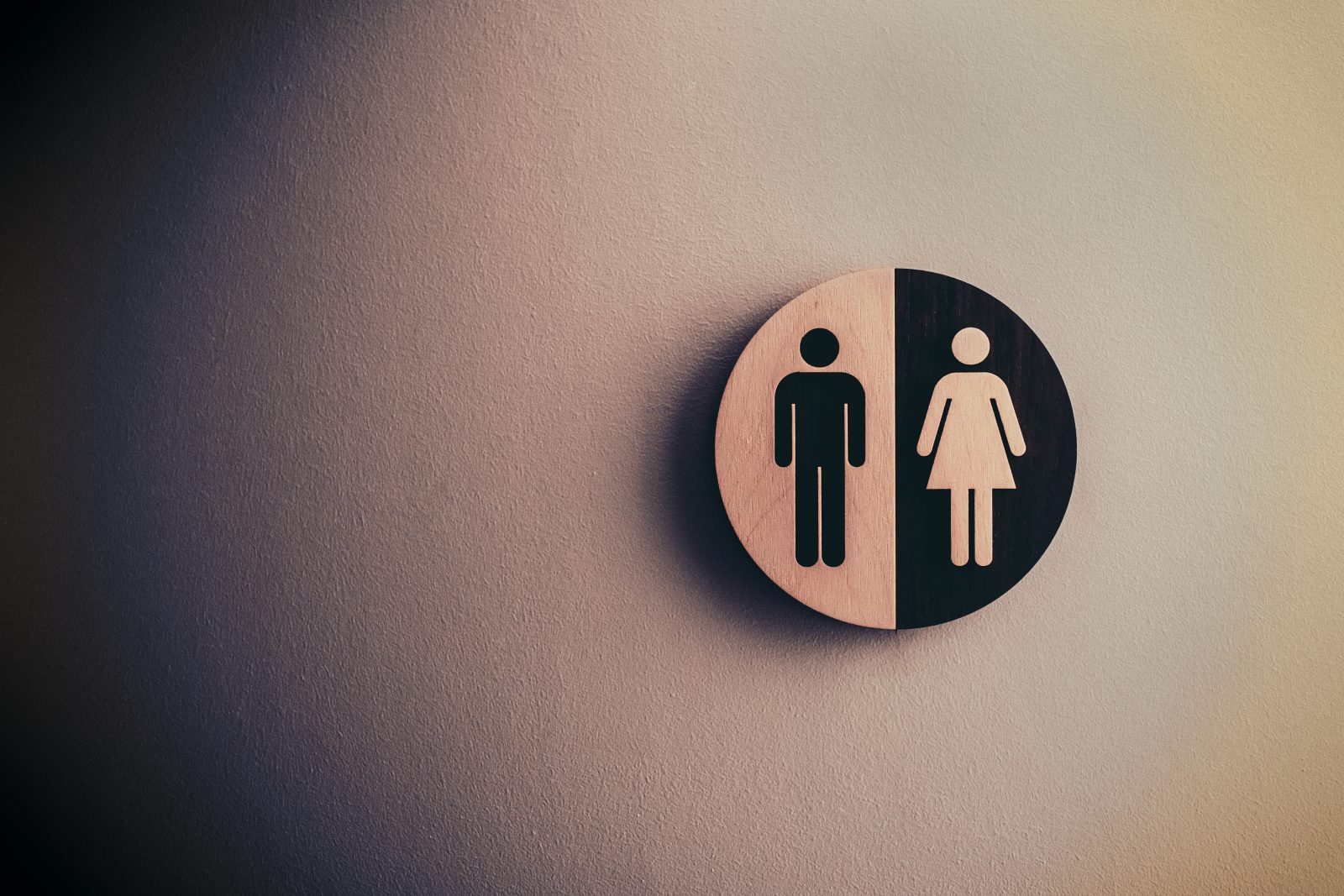As the deadline for the third year of gender pay gap reporting approaches, new figures suggest that many organisations are still failing to act on pay inequality between men and women. According to our survey of over 2,000 UK employees b a fifth (19%) believe that their employer doesn’t treat genders equally on pay, while a further third (32%) say they aren’t sure whether there is equal treatment.
Gender pay gap reporting was introduced in April 2017 and is currently required for all public and private sector organisations with over 250 employees. The legislation is designed to crack down on the persistent gap between male and female pay. However, despite the new rules, last year’s figures showed that the gap had, in fact, widened, with 78% of the biggest companies in Britain reporting a gap in favour of men.
The new findings suggest a lack of transparency could be a factor in the continued gap, with two in five (40%) respondents saying that their organisation isn’t transparent about how pay levels are set, rising to 43% of women. Female employees are also more sceptical than their male colleagues when it comes to the gender pay gap, with 21% saying they believe men and women are treated unequally, compared to just 13% of men.
Interestingly, older workers are the most likely to say they don’t think the genders are treated equally when it comes to pay, suggesting that perceptions are changing as new generations enter the workforce. Just 47% of those over 55 say they believe their employer treats genders equally, compared to 60% of those between the ages of 16 and 24.
“As we anticipate the release of this year’s gender pay gap reports, it is worrying that a significant number of employees still believe that their employer is treating men and women differently when it comes to pay,” commented David Morel, CEO of Tiger Recruitment. “Equal pay for equal work has been enshrined in law since 1970, so there is no excuse for employers who are still discriminating against individuals based on their gender, or any other characteristic besides merit.
“There is also much work to be done to ensure that both genders are given equal opportunities to progress into senior roles, where they will command higher pay and influence. Only with concerted effort on both of these fronts, can we start to see much-needed progress in closing the pay gap.” .







